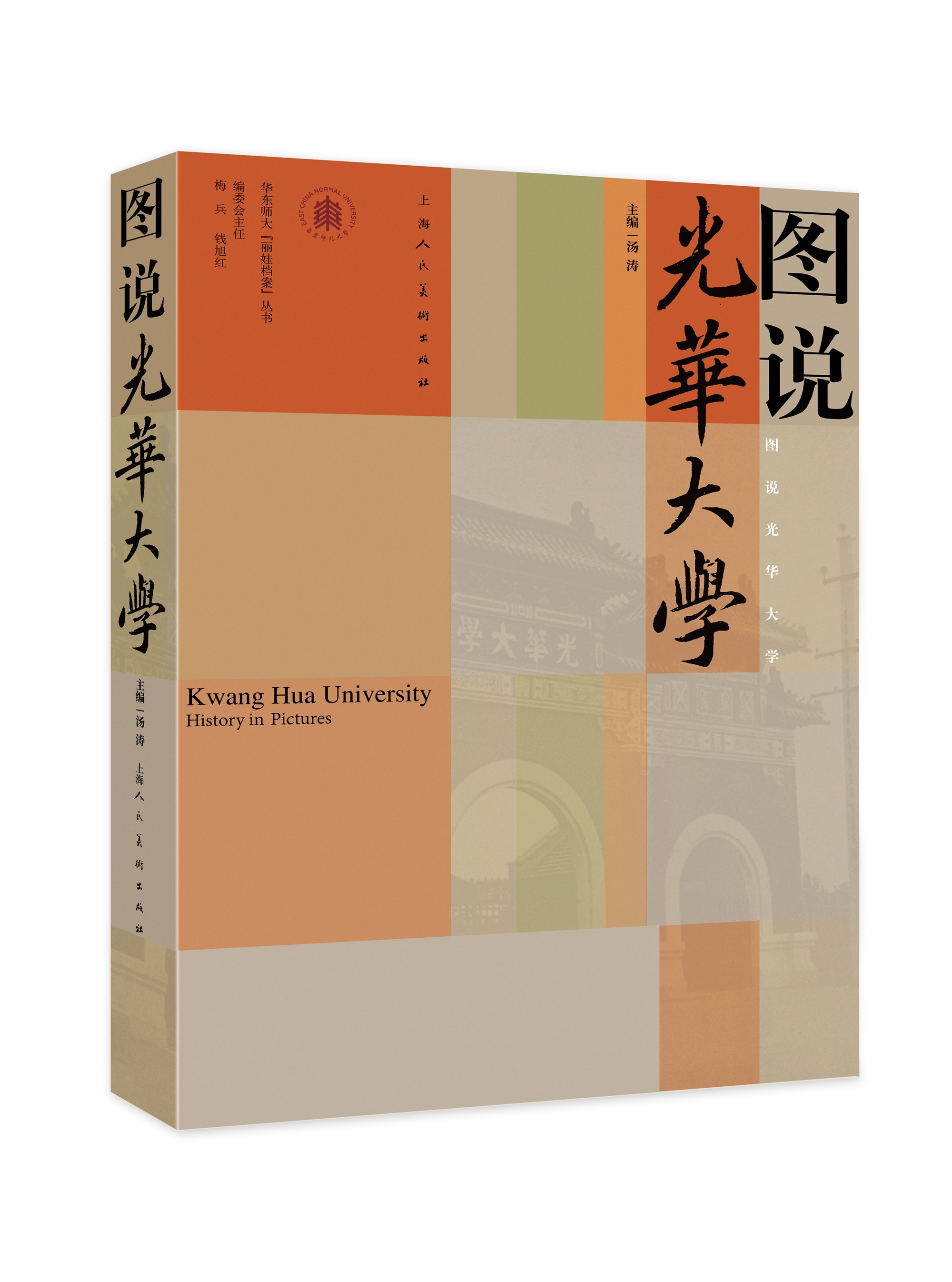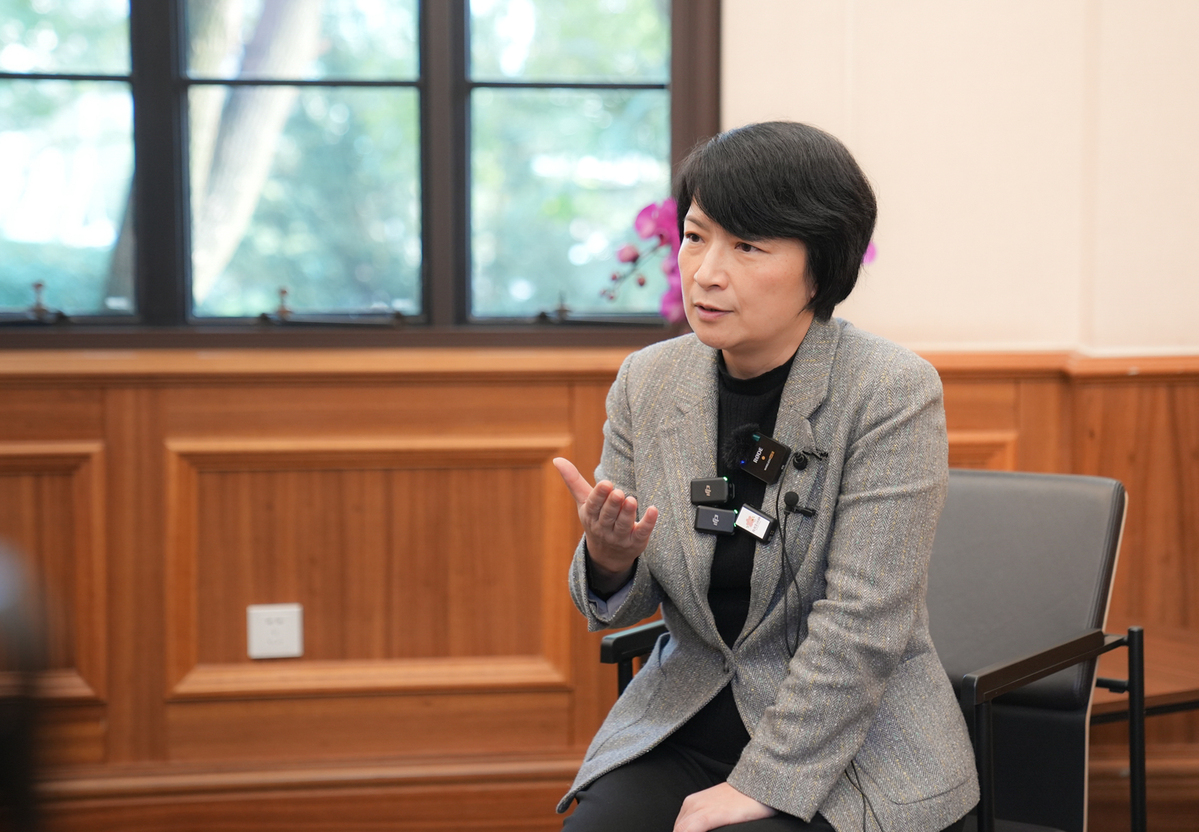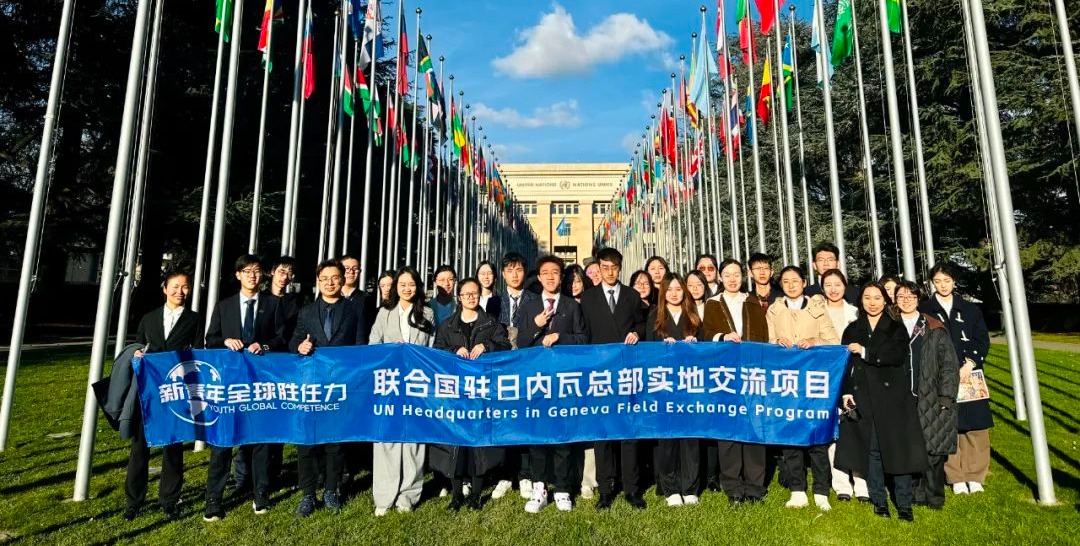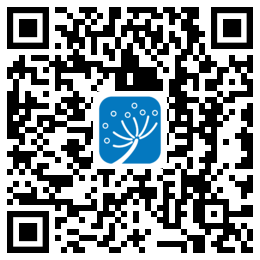# Hot Search #
In our daily life, some of us are confused about why we are in debt to somebody who lends a hand to us (i.e., the so-called debt of favors). Indeed, it is the feeling of indebtedness that makes us think so. According to the latest research conducted by researchers at the School of Psychology and Cognitive Science of ECNU, the more that individual reciprocal behavior is affected by the indebtedness out of obligation, the more likely one is prone to experience the debt of favors.
Reciprocity is reckoned as the cornerstone of large scale collaboration, national unity, and social stability of human beings, and is the research focus in many fields including psychology, sociology, economics, and brain sciences. It is suggested that social emotions are important driving forces of reciprocity in humans.
Imagine that an elderly woman with mobility difficulties gets help from a strange young man who expects nothing in return. What comes into our mind may be that this elderly woman will feel gratitude and reciprocate if possible. But what if the young man asks her to buy his healthy products afterwards? Will she still feel grateful, or choose to buy the products because of the sense of obligation to repay the young man’s help?
Or, the young man's help was indeed genuine and sincere, but he ends up being late for work and loses his work bonus. In this case, in addition to gratitude, will the the woman experience the negative feeling of guilt and feel an obligation to reciprocate his actions?
These two types of daily-life "debt of favors" are known in psychological research as the feeling of indebtedness.
The team led by Prof. Xiaolin Zhou and Dr. Xiaoxue Gao from the School of Psychology and Cognitive Science of ECNU has collaborated with the team lead by Prof. Luke J. Chang from Dartmouth College, and revealed the psychological, computational, and neural mechanisms underlying how indebtedness generates and motivates reciprocal behavior. This research entitled “The psychological, computational, and neural foundations of indebtedness” has been published online in Nature Communication on January 2nd, 2024. Dr. Xiaoxue Gao is the first author. Prof. Xiaolin Zhou, Dr. Xiaoxue Gao and Prof. Luke J. Chang are the co-corresponding authors of this article.
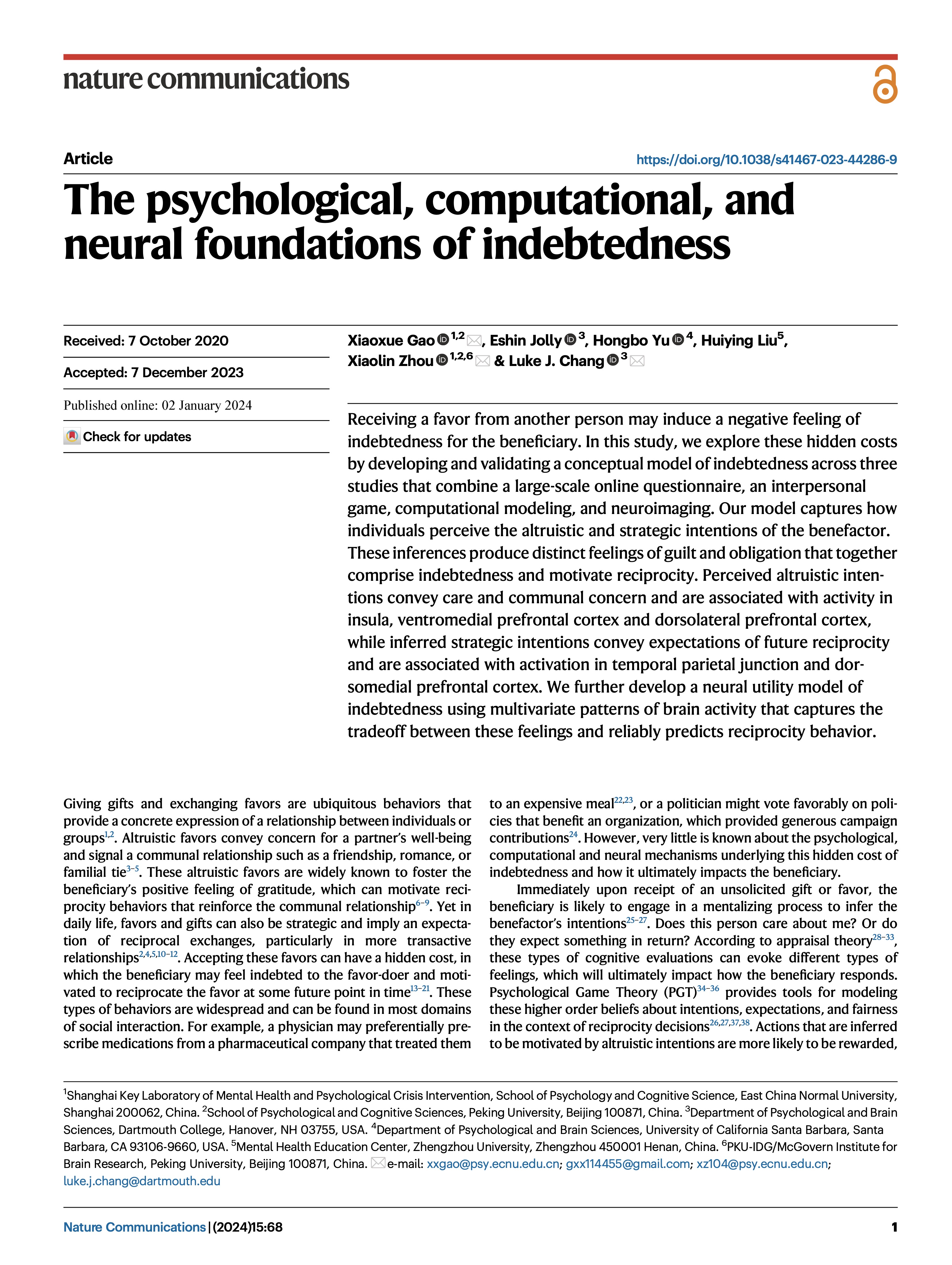
The theoretical model and computational model proposed in this study not only provide systematic theoretical frameworks, cutting-edge research perspectives, and quantitative research methods for future research on social emotions and reciprocal behaviors in interpersonal interactions, but also shed light on understanding various social phenomena, such as gift giving and bribery. Moreover, this work lays pivotal theoretical and methodological foundations for establishing the diagnosis and intervention systems for related psychological defects and behavioral abnormalities.

Source: School of Psychology and Cognitive Science
Copy editor:Philip Nash
Editor: Wicky Xu


